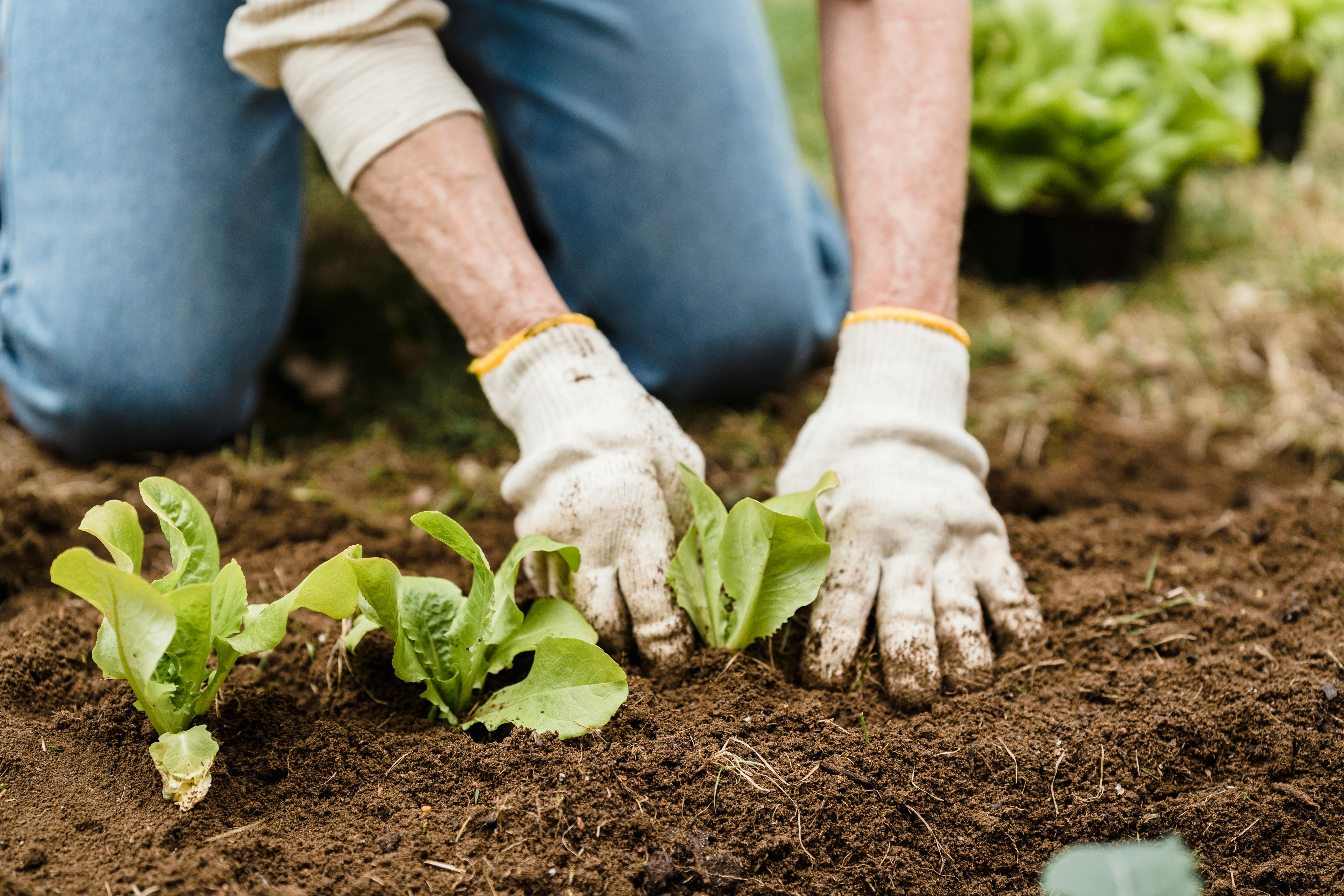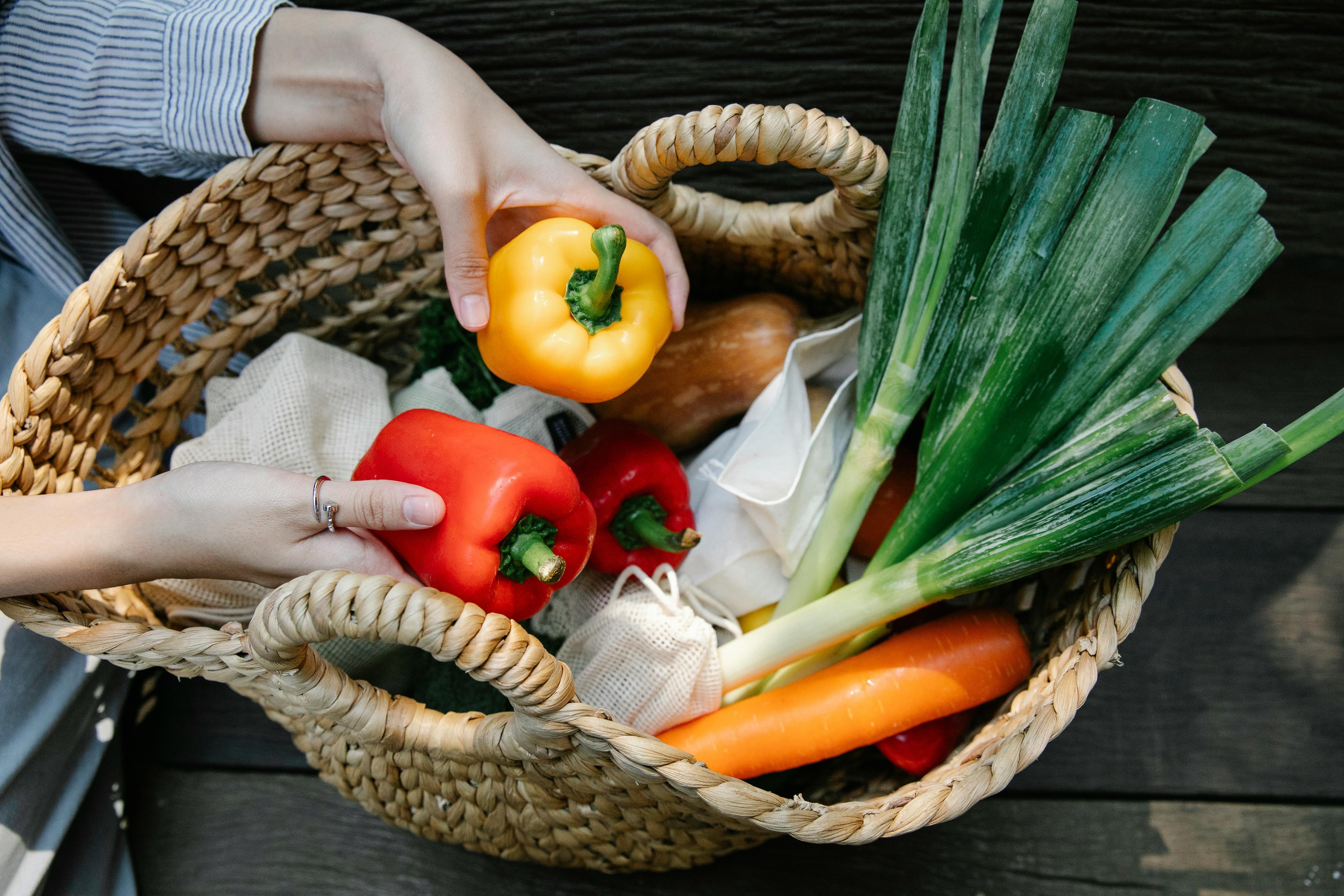Growing your own organic vegetable garden is a great way to enjoy the freshest produce, save money and be more sustainable. Organic gardening involves growing vegetables without using chemical pesticides or fertilizers, relying instead on natural methods such as composting, crop rotation, and companion planting. While it may seem daunting at first, creating an organic vegetable garden can be a rewarding and enjoyable experience that provides you with delicious, healthy produce. With a bit of planning and some commitment to organic gardening techniques, you can successfully grow your own organic vegetables.The benefits of growing your own organic vegetable garden are numerous. Growing organically means that you are not using any synthetic fertilizers, pesticides, or herbicides, which can have a negative impact on the environment and your health. By growing your own vegetables you can be sure that you are eating food that is free from harmful chemicals and additives. Additionally, growing your own vegetables can save you money since you won’t have to buy produce at the grocery store. Growing your own food also allows you to know exactly where your food comes from and how it was grown, providing peace of mind that it is free from
Choosing the Right Location for Your Garden
Choosing the right location for your garden is essential to ensure you get the best results from your gardening efforts. The first thing to consider is the amount of sunlight your garden will receive. If your garden is in a location that gets a lot of direct sunlight, then you need to select plants that can tolerate this level of light. On the other hand, if your garden is located in an area that gets only partial sunlight, then you should choose plants that prefer this level of exposure.
The next factor
Preparing the Soil
One of the most important steps in gardening is preparing the soil. It is important to make sure the soil is clean, free from weeds and properly fertilized. The ideal soil for gardening should be loose and well-draining, with plenty of organic matter to help retain moisture and provide nutrients for plants. To prepare the soil, start by removing any existing vegetation and weeds. Then, add a layer of organic material such as compost or mulch to help improve drainage and nourish the soil. Finally, apply fertilizer to make sure plants have
Choosing the Right Vegetables to Grow
Choosing the right vegetables to grow in your garden can be overwhelming. There are so many different vegetables to choose from, and it can be hard to know which ones will do best in your area and which ones you’ll enjoy the most. The key is to find vegetables that are easy for you to care for and that will provide you with plenty of delicious food. Here are some tips for choosing the right vegetables to grow in your garden.
First, consider the climate and soil conditions in your
https://images.pexels.com/photos/7728082/pexels-photo-7728082.jpeg
Organic Gardening Supplies You Will Need
Organic gardening requires special supplies to ensure that you are growing a healthy and sustainable garden. There are a variety of supplies that you will need to make sure your garden is producing the best results possible. Some of the most important supplies include soil, fertilizers, plant protectors, pest control products, and garden tools.
Soil
The soil is one of the most important elements of an organic garden. It needs to be rich in nutrients and have good drainage

Planning Your Organic Vegetable Garden
Creating a successful organic vegetable garden starts with planning. You need to consider the size and location of your garden, as well as what type of vegetables you want to grow. The size of your garden will depend on the amount of space you have available and how much time you can dedicate to maintaining it. Location is important, because you want to make sure your vegetables are getting enough sunlight and access to water. Once you’ve determined the size and location of your garden, it’s time to decide what types of vegetables you want to grow
Watering and Nutrient Management
Proper watering and nutrient management are essential for maintaining healthy plants. Proper watering is key to keeping plants hydrated, and it also helps to keep soil aerated. It is important to water plants regularly, as over-watering can cause root rot and other plant diseases. Additionally, proper watering helps to keep the soil temperature optimal for plant growth.
Nutrient management is also important for healthy plants. Plants need a variety of nutrients to thrive, including nitrogen, phosphorus, potassium, and other trace minerals. Applying fertilizers
Pest Control in an Organic Garden
Organic gardening is an excellent way to grow healthy and nutritious food for your family. However, like all gardens, organic gardens can be prone to pests and disease. In order to keep your garden healthy and productive, it is important to know how to control pests in an organic garden.
Organic pest control relies on natural solutions such as beneficial insects, companion planting and physical barriers. Beneficial insects such as ladybugs, lacewings, and parasitic wasps can help keep pest populations under control by preying on them

Conclusion
Growing your own organic vegetable garden is a great way to enjoy fresh produce while making sure your family is eating healthy. With a bit of planning and dedication, you can create an attractive and productive garden in your own yard. You’ll need to make sure you have the right soil, sunlight, and water available for your garden. Choose the right plants for your climate and space, and don’t forget to mulch and fertilize when needed. Finally, make sure to keep an eye on weeds and pests that could damage your precious vegetables. With a bit of
